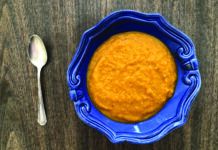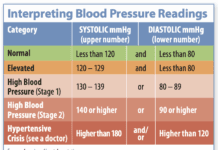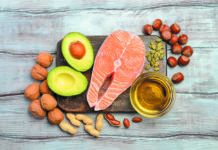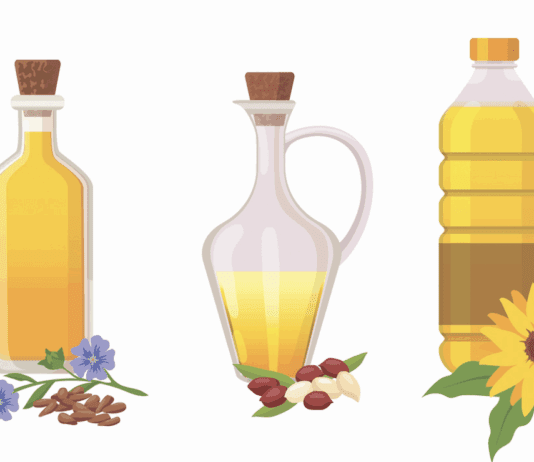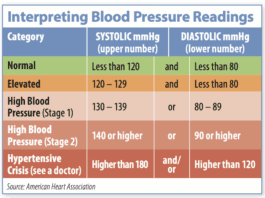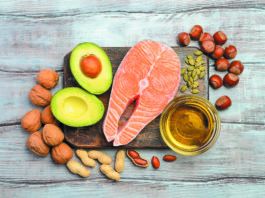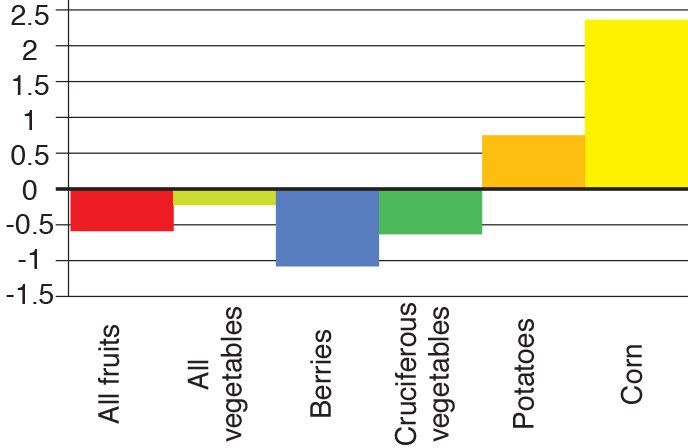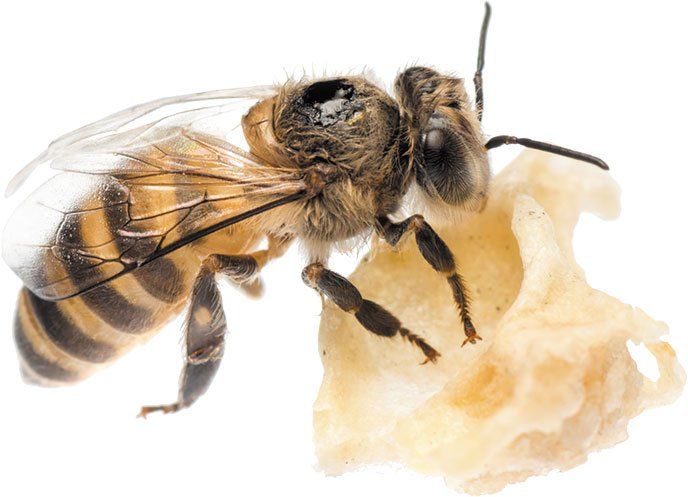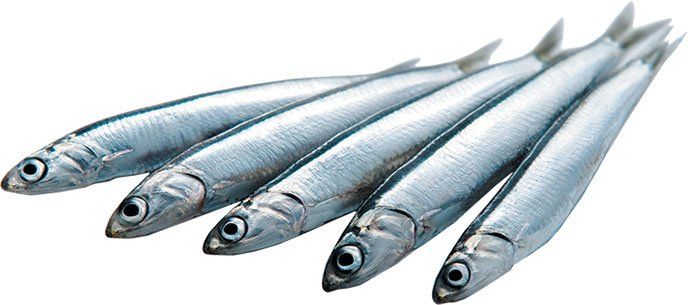More Good News for Egg Lovers
Eating eggs occasionally probably wont raise your risk of heart attack, stroke or heart failure. That's the latest good news for egg lovers from a Swedish study following two large groups of men and women for 13 years.
Optimistic Heart Patients Fare Better
An optimistic attitude may help you recover from a heart attack or angina. A feeling of gratitude, however? Not so much.
Longevity Benefits Seen with Moderate Coffee Drinking
That extra cup of coffee is not only safe for most people, but might actually reduce your risk of dying prematurely from heart disease and several other causes.
Mediterranean Diet Linked to Lower Breast-Cancer Risk
Hardly a day goes by without headlines touting the health benefits of a Mediterranean-style diet, which has been linked to lower risk of cardiovascular disease and possible brain protection. Now, a recent study suggests this style of eating may also help protect women against breast cancer.
Studies Challenge Bone Benefits of Extra Calcium
Older adults whove been loading up on calcium - either in their diets or in supplement form - to protect their bones recently got a shock on the nightly news: Extra calcium, according to two new headline-making reviews published in BMJ, was not associated with meaningful benefits for improving bone density or reducing fracture risk.
Fruits and Vegetables Linked to Better Weight Control
You already know that fruits and vegetables are good for you - but did you know they might also be good for avoiding extra weight as you age? A new study analyzing data on 133,468 men and women over up to 24 years reports that eating more fruits and non-starchy vegetables is associated with modest weight loss.
Study Puts a Dent in Honeys Health Halo
Honey enjoys what marketers call a "health halo" - consumers tend to view products containing honey as healthier than those sweetened with sugar or high-fructose corn syrup. Thats why Kellogg's renamed its Sugar Smacks cereal as "Honey Smacks" and so many other products have "honey" in the name or featured prominently on the package.
Polyunsaturated Fat Levels Linked to Longevity
A new long-term study from Sweden bolsters the evidence that the type of fats you consume is more important for your health than the total amount of fats in your diet. Rather than relying on sometimes-inaccurate self-reported food intake, the study actually measured blood serum levels of the most important types of polyunsaturated fats. Health outcomes were then tracked for an average of 14.5 years.
Expert Tips for Nutrition-Smart Holiday Travel
If you're planning to join the holiday travel crush - or already looking ahead to 2016 vacations - there's good news about your eating options en route. "I actually think that airport choices are beginning to improve a bit, both in terms of take-out and sit-down options," says Jeanne Goldberg, PhD, professor at Tufts' Friedman School and director of the Nutrition Communication Program. "The onus is to choose among the better options."
Stop Worrying About Total Fat
Two of the nations leading nutrition experts have some advice for the federal government: Stop worrying about total fat. Nutrition research has shown that the emphasis on restricting total fat intake is outdated, yet these limits affect everything from Nutrition Facts labels to school lunches to supermarket products. In recent opinion pieces in JAMA and the New York Times, Dariush Mozaffarian, MD, DrPH, and David S. Ludwig, MD, PhD, argue, Its long past time for us to exonerate dietary fat.


